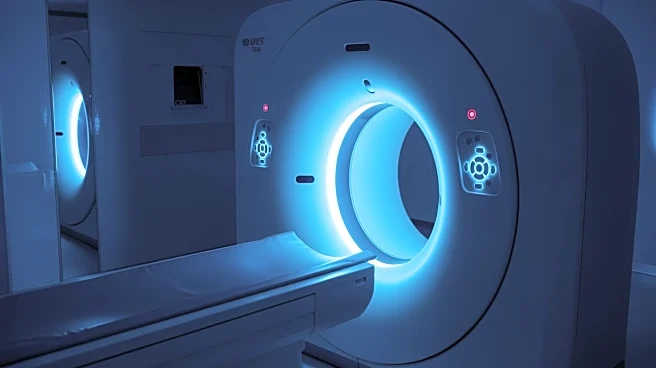Rapid Read • 7 min read
Recent developments in biotechnology have showcased significant advancements in medical research. A study has demonstrated that hypoxia, or low oxygen levels, can reverse Parkinson's symptoms in mice, offering potential new avenues for treatment. Additionally, a gene therapy administered at birth has provided lasting protection against HIV in infant rhesus macaques, marking a breakthrough in early intervention strategies. These findings were discussed in a recent episode of GEN's Touching Base, which also highlighted the regulatory challenges faced by Sarepta Therapeutics concerning its Duchenne muscular dystrophy gene therapy, Elevidys®. The departure of Vinay Prasad, MD, from the FDA, who was known for his stringent regulatory approach, has been noted as a significant event impacting Sarepta and other companies in the gene therapy sector.
AD
These advancements in biotechnology have the potential to significantly impact the medical field, offering new treatment options for diseases like Parkinson's and HIV. The ability to reverse Parkinson's symptoms in mice could lead to innovative therapies for humans, improving quality of life for those affected by the disease. The success of early gene therapy in primates suggests promising applications for preventing HIV in humans, particularly in newborns. Furthermore, the regulatory landscape for gene therapies is evolving, with Sarepta's experiences highlighting the challenges and opportunities for companies in this sector. The departure of a key FDA official may lead to shifts in regulatory policies, affecting the development and approval of new therapies.
The biotechnology sector is likely to see continued research and development in these areas, with potential clinical trials to test the efficacy of hypoxia in treating Parkinson's in humans. The gene therapy for HIV protection may advance towards human trials, aiming to establish its safety and effectiveness. Sarepta Therapeutics will need to navigate the regulatory environment post-Prasad's departure, potentially influencing its strategy and operations. Stakeholders, including researchers, companies, and regulatory bodies, will be closely monitoring these developments to assess their impact on future medical treatments.
AD
More Stories You Might Enjoy










